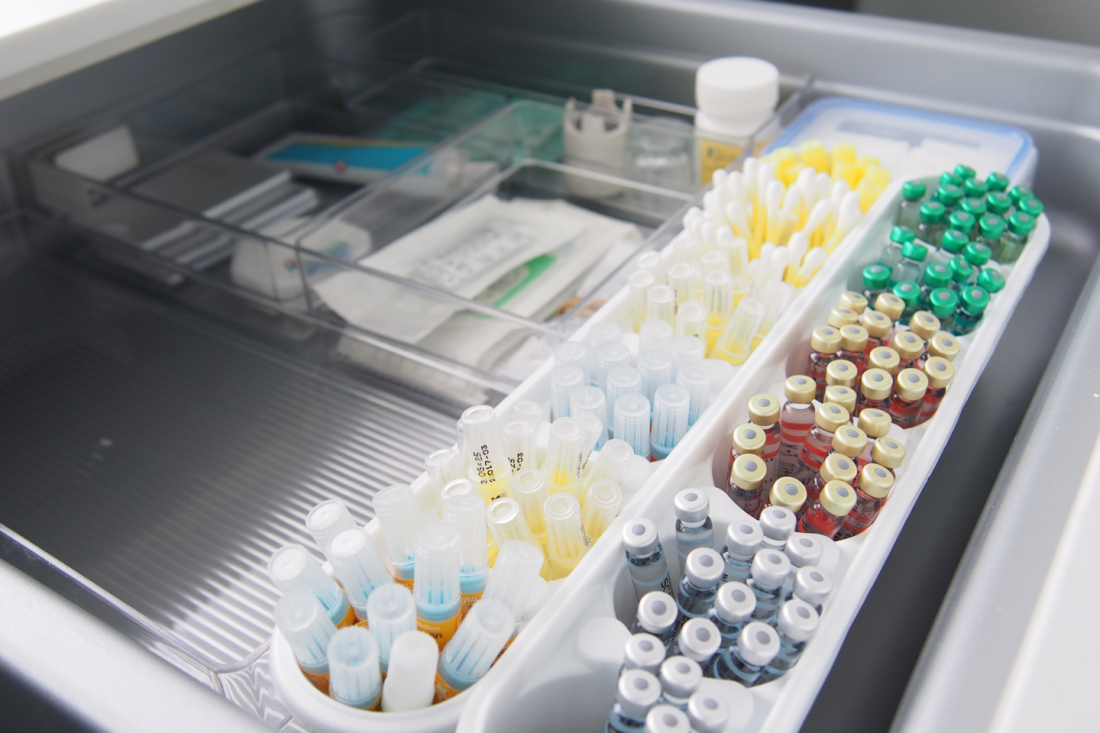This research, conducted by MSDS students David (Brady) Fowler, Monica Rajendiran, Timothy Schroeder and Nicholas Bergh, focuses on the predictive identification of patients frequently revisiting the University of Virginia Health System Emergency Department.
Identifying these patients can help the Emergency Department formulate strategies that improve patient care and decrease excess Emergency Department utilization.
The Health System in particular faces a number of unique challenges in its ongoing mission to reduce extraneous patient revisits. In addition to its status as an academic hospital, it serves a broad geographic region as one of five level-I trauma centers in the Commonwealth of Virginia.
In this study, the researchers utilized five years of data from the University of Virginia Health System data warehouse. The data contained information on 91,297 patients and 196,902 unique encounters,
including details on patient demographics, diagnoses and hospital departments visited. From the raw data, they engineered features, trained gradient boosted decision trees and experimented with unsupervised clustering techniques to best approximate 30-day Emergency Department revisit risk at the conclusion of each patient encounter.
The methodologies proposed in this paper exhibit an end-to-end framework to transform raw administrative claims and limited clinical data into predictive models that help the Emergency Department better manage resources and target interventions.
